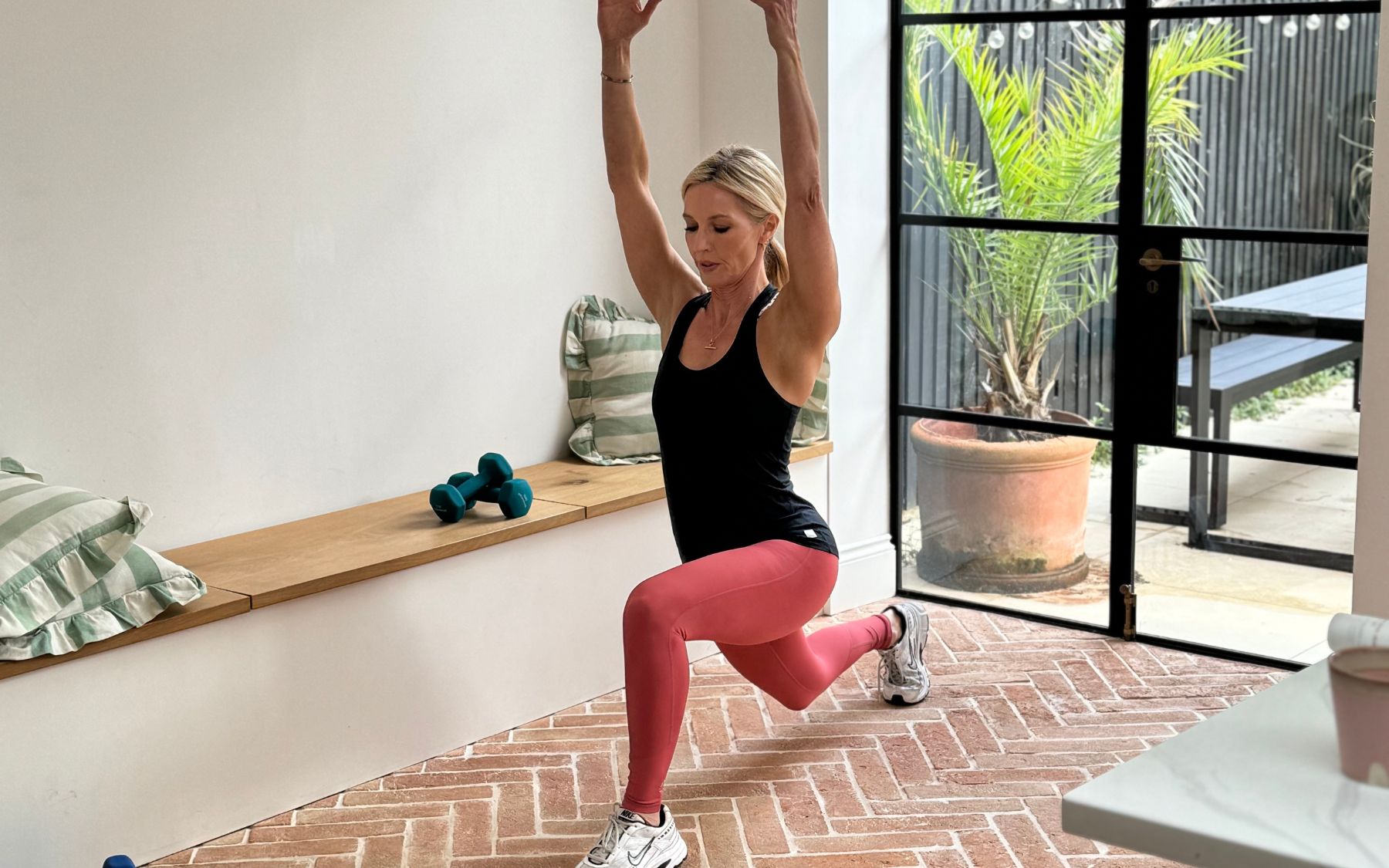Anyone who reads my blog regularly will know I am a huge advocate of strength training - the benefits are endless. From stronger muscles, improved bone health, mood boost and immunity enhancing, strength training really is wonderful! And the best part is that you don’t need to lift heavy weights to reap the benefits of strength training, but you do need to keep challenging yourself. Your body needs to be challenged and it is this challenge which creates change – this is called progressive overload (more on this later).
When lifting weights, that fatigue feeling you get towards the end of a set is called exercise induced fatigue or peripheral fatigue and it is this which causes muscle tissue break down. Contrary to how this sounds, this is actually very beneficial because as the muscle tissue repairs, it repairs in an enhanced state, making the muscle stronger than before. The key here is that it happens during recovery so you must make sure you’re giving your body adequate rest time to reap these benefits.
Over time, to keep seeing improvement and changes, you need to keep applying the principle of progressive overload. Now what does this mean for you in your training? It could be that over time you gradually, and I do mean gradually, increase your weights, it could be increasing the number of reps or sets you are doing or by changing your program.
There is no specific formula on when to do this. My advice is when you’re new to strength training, start small. Start with light dumbbells (I recommend everyone to start with 2kg) and focus 100% on your technique. Then measure how you are finding your sets - if you can do all the reps without any difficulty then it's time to switch up. My advice is that the last 2-3 reps should be a challenge. However the key is to move up weights slowly, small increments will help ensure that your form stays good while you build strength. It may also be that you can increase for some exercises but not others - ie you may feel stronger in your lower body than upper body so adjust accordingly.
A couple of questions to therefore ask yourself before you increase the weight are:
- Is it still challenging me?
- Could I keep going and going?
- Do I use the same weight every workout? And have done for months?
- Am I still seeing results? Or have I plateaued?
And remember by increasing the weight does not mean you will bulk up!
It is important to highlight that when you do increase your weight there is a chance you might feel it in the 24-48 hours post exercise (also know as DOMS). This delayed onset of muscle soreness is totally normal and it will go – it is greatly helped by going out for a walk and loosening off the muscles, stretching, epsom salts in the bath etc.
I hope this is helpful! Any questions always feel free to contact me!
Caroline







